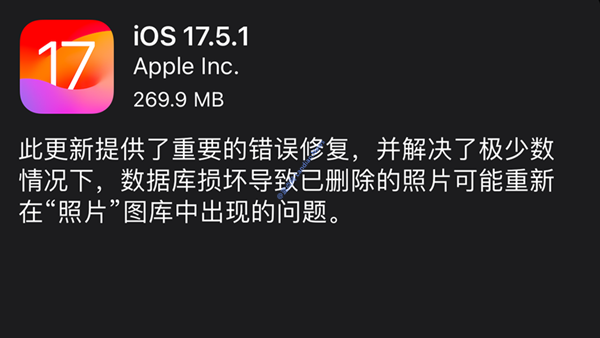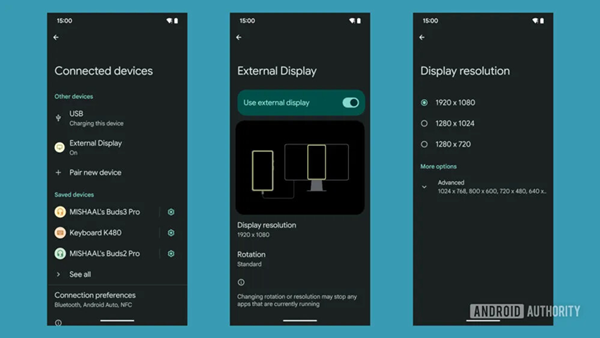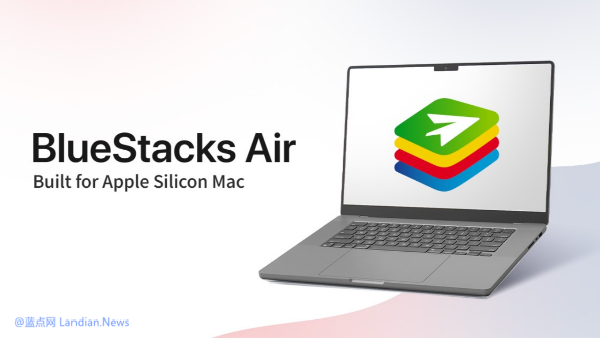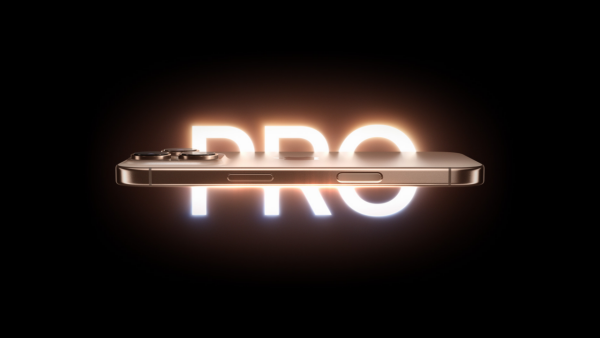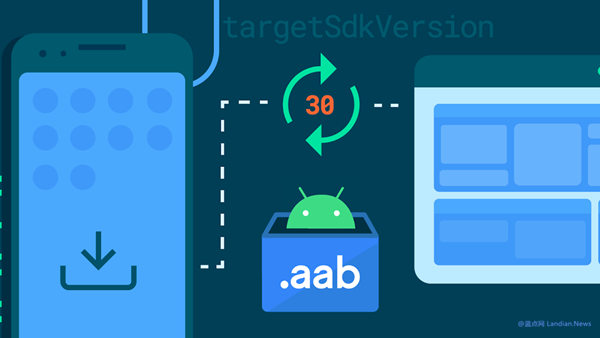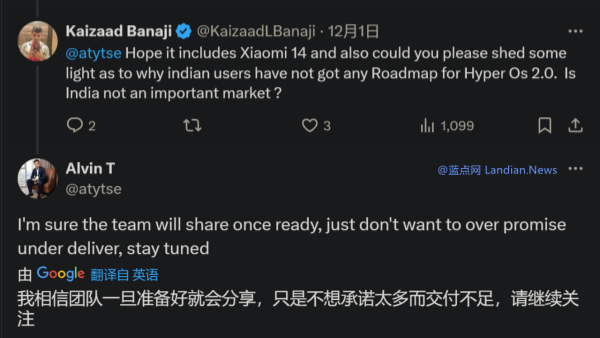Microsoft China Employees Required to Use iPhones for Secure Login Starting September
According to the latest news from Bloomberg, an internal memo from Microsoft reveals that the company will soon mandate its China-based employees to use Apple devices for authentication when accessing their work computers or mobile phones.
Starting in September 2024, Microsoft plans to distribute iPhone 15 series devices to its China employees, offering a replacement for those currently using Android devices for both daily and work purposes.
This decision is not due to Microsoft's aversion to Android devices. Instead, it's because, in the Chinese mainland market, these devices cannot install or use Google Mobile Services (GMS), which are essential for connecting to Microsoft's authentication apps like the Microsoft Authenticator and Identity Pass, used for system login within the company.
These apps can connect and function normally on iOS systems. Therefore, as part of Microsoft's global initiative for a secure future, hundreds of Microsoft China employees will be required to switch to iPhones to use these identity verification tools.
By using these authentication tools, Microsoft employees must undergo verification when logging into the company's internal systems. This ensures that even if an employee's account credentials are leaked or phished, the MFA codes provide an additional layer of security.
For a technology company of Microsoft's scale, ensuring that all employees use multi-factor authentication is crucial. Microsoft has previously experienced breaches of internal systems through the exploitation of employee accounts and test accounts that were not secured with multi-factor authentication.
Google, on the other hand, has opted for hardware security keys. While it's unlikely that Google would mandate all its employees to use iPhones, it has distributed Google Titan hardware security keys to its staff. To log in, employees must manually touch the hardware security key, offering protection against potential phishing and credential leaks.
It's also worth mentioning the recent surge in phishing attacks targeting Apple Accounts (formerly known as Apple ID). Users who have enabled two-factor authentication for their Apple Account can enhance their security. Even if credentials are entered on a phishing site, hackers would still be unable to gain access.


